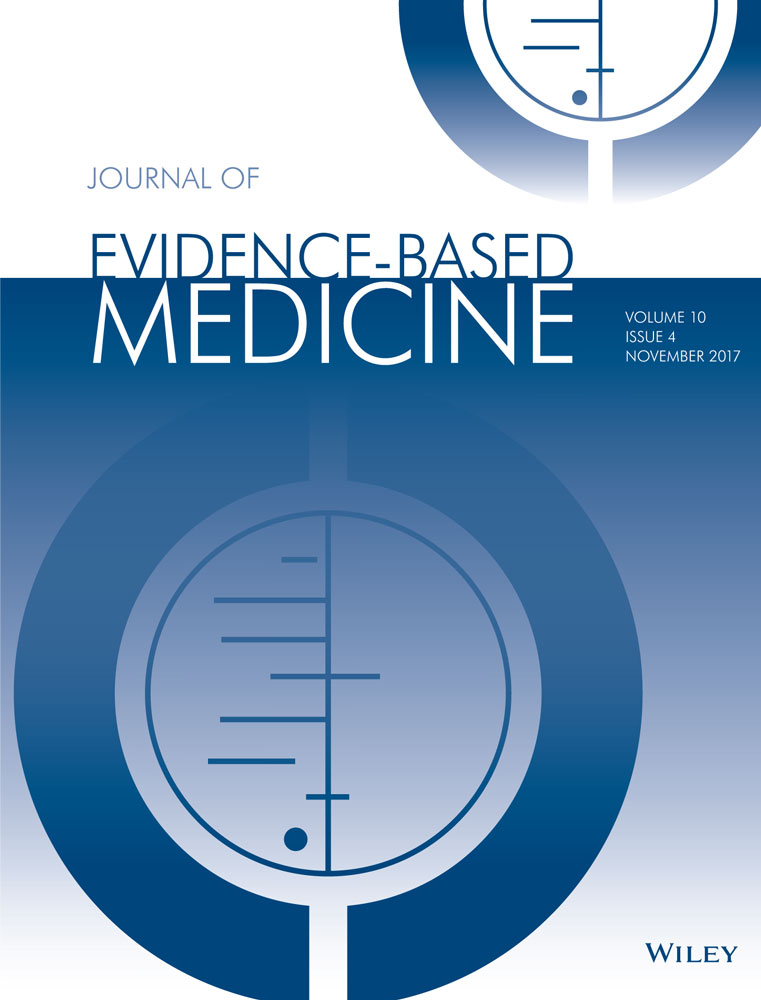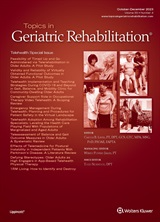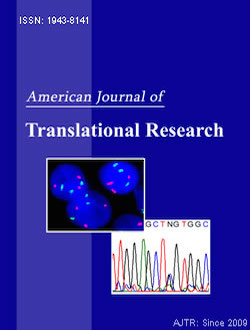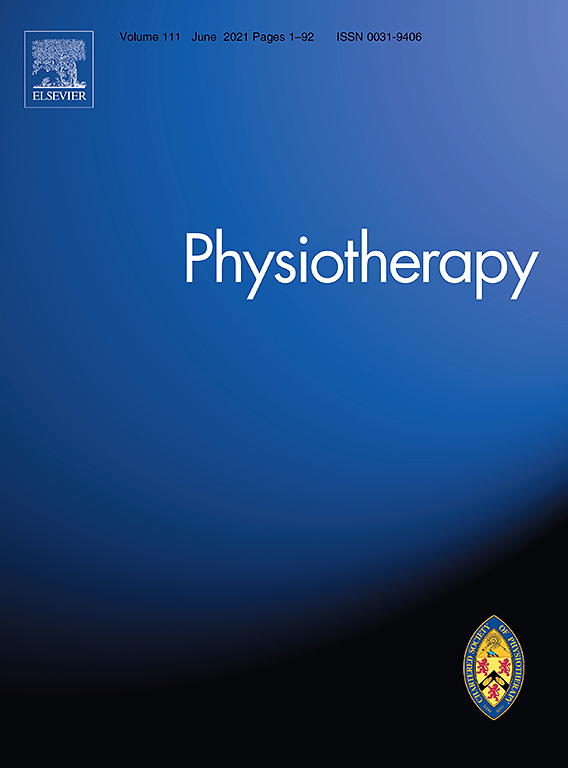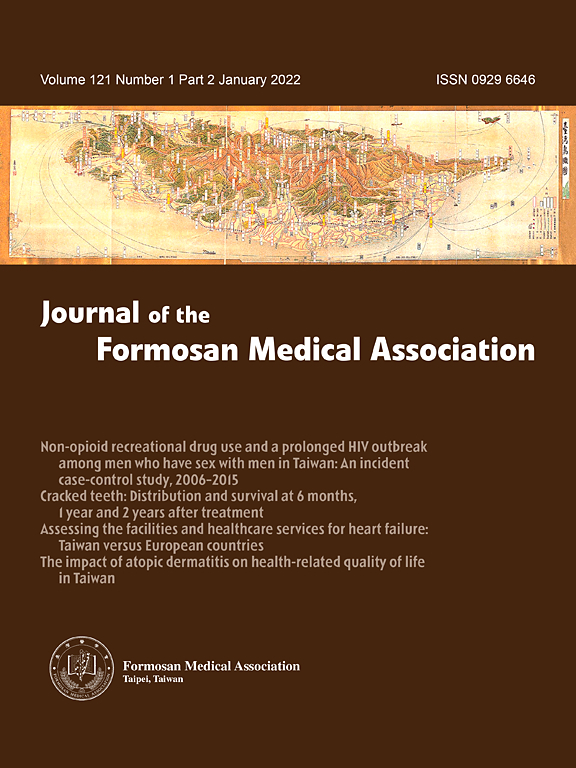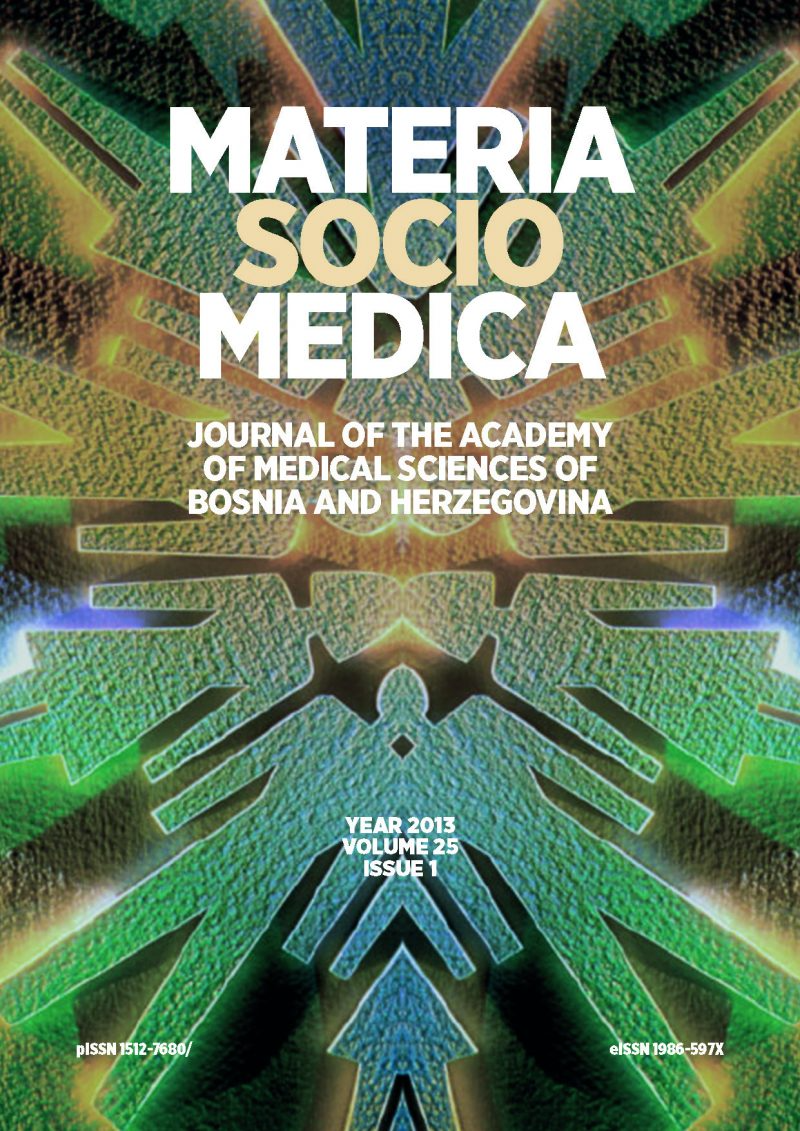Presentation Slides
Chinese Medicine Research Hub
Practice Guideline
Guidelines have been developed for treating frozen shoulder using traditional Chinese medicine, with multiple therapies such as acupuncture and exercise recommended.
2023 Journal of Evidence-Based Medicine Traditional Chinese medicine for frozen shoulder: An evidence‐based guideline
Qin X, Sun K, Ao Y, Liu J, Wang M, Deng Q, Zhong W, liu J, Sun S, Liu X, Shi B, Guan X, Du S, Zou J, Wu C, Chen F, Fang Y, Nie X, Mo W, Guo J, Zhang Y, Dong Y, Wei X, Zhu L
Chinese Medicine Research Hub
Randomised Controlled Trial
Auricular acupuncture relieved pain and decreased disability more effectively than physiotherapy for frozen shoulder treatment.
2023 Topics in Geriatric Rehabilitation Physiotherapy, Local Acupuncture, and Auricular Acupuncture for Frozen Shoulder
Hollisaz MT, Khatibi Aghda A, Asheghan M, Amanollahi A, Hashemi SE
Chinese Medicine Research Hub
Systematic Review
Electroacupuncture may be more effective than manual acupuncture for managing frozen shoulder, with larger effect sizes in terms of pain, function, and response rate.
2022 Frontiers in Medicine Electroacupuncture for the treatment of frozen shoulder: A systematic review and meta-analysis
Heo JW, Jo JH, Lee JJ, Kang H, Choi TY, Lee MS, Kim JI
Chinese Medicine Research Hub
Randomised Controlled Trial
Massage combined with acupuncture can better improve the range of motion of joints and daily living ability of patients with frozen shoulder complicated with cervical spondylosis.
2021 American Journal of Translational Research Effects of massage and acupuncture on the range of motion and daily living ability of patients with frozen shoulder complicated with cervical spondylosis
Liu M, Liu Y, Peng C, Wang H, Xu Y, Jiao S, Ding Y
Chinese Medicine Research Hub
Systematic Review
Acupuncture could be safe and effective for pain reduction, restoring shoulder function, and restoring flexion range of motion for frozen shoulder patients in the short term and midterm.
2020 Evidence-Based Complementary and Alternative Medicine The Effectiveness of Acupuncture in the Treatment of Frozen Shoulder: A Systematic Review and Meta-Analysis
Ben-Arie E, Kao PY, Lee YC, Ho WC, Chou LW, Liu HP
Chinese Medicine Research Hub
Randomised Controlled Trial
Electroacupuncture plus rehabilitation may provide earlier pain relief for patients with frozen shoulder syndrome and could be applied clinically.
2020 Journal of the Formosan Medical Association The effect of electroacupuncture merged with rehabilitation for frozen shoulder syndrome: A single-blind randomized sham-acupuncture controlled study
Lo MY, Wu CH, Luh JJ, Wang TG, Fu LC, Lin JG, Lai JS
Chinese Medicine Research Hub
Systematic Review
Acupuncture combined with physiotherapy or exercise was found to be more effective for frozen shoulder than physiotherapy or exercise alone in the short and long term.
2017 Physiotherapy Effectiveness of acupuncture in the treatment of shoulder pain: a systematic review of published randomised clinical trials
A. Rubio M. Mansfield J. Lewis
Chinese Medicine Research Hub
Randomised Controlled Trial
Acupuncture may enhance shoulder movement and relieve pain more effectively than standard treatment in patients suffering from adhesive capsulitis, also known as a frozen shoulder.
2016 Materia Socio Medica Investigation of the Effectiveness of Acupuncture in the Treatment of Frozen Shoulder
Asheghan M, Aghda A, Hashemi E, Hollisaz M
Executive Summary
Write an executive summary in the form of a blog article on the topic of "Research into Chinese medicine treatment for Frozen Shoulder" summarising the research below and using language that can be easily understood by patients and avoiding medical jargon using a professional and caring tone of voice.
Write an executive summary in the form of a blog article on the topic of "Researched Chinese medicine treatments for Frozen Shoulder" summarising the research below in an objective and easy to understand way, and using language that can be easily understood by patients. Group the article into Chinese medicine treatments first, followed by nutrition and other treatments. Avoid using medical jargon and use a professional and caring tone of voice.
Write me a concise but easy to understand executive summary on the topic of "Chinese medicine treatments for Frozen Shoulder" based on the following research that I will give you. Your summary should be 2 paragraphs long in Australian English spelling and include references to the studies.
A Practice Guideline published in 2023 in the journal Journal of Evidence-Based Medicine found that Guidelines have been developed for treating frozen shoulder using traditional Chinese medicine, with multiple therapies such as acupuncture and exercise recommended. The development of evidence-based guidelines followed internationally recognized standards and used the Grading of Recommendations Assessment, Development and Evaluation approach to determine the certainty of evidence and the strength of recommendations. A multidisciplinary group formed the development panel, who took into account benefits, harms, availability of resources, accessibility, and other factors. Nine clinical queries were defined after conducting a systematic literature review and a face-to-face meeting.
The guideline panel reached a consensus on twelve recommendations which included treatments like manual therapy, acupuncture, needle knife, Cheezheng Xiaotong plaster, Gutong plaster, exercise therapy and an integrated approach of traditional Chinese medicine and Western medicine. Their strength ranged from weakly recommended to consensus based. This new guideline targets clinicians and health administrators.
A Randomised Controlled Trial published in 2023 in the journal Topics in Geriatric Rehabilitation found that Auricular acupuncture relieved pain and decreased disability more effectively than physiotherapy for frozen shoulder treatment. The research was conducted through a randomized clinical trial involving three parallel groups in an outpatient clinic at a university hospital. The 116 participants, suffering from a frozen shoulder, were randomly allocated to three groups where they underwent treatments of physiotherapy, local acupuncture, or auricular acupuncture. Assessment tools like the Shoulder Pain and Disability Index questionnaire and measures of the shoulder's active and passive ranges of motion were used to evaluate the effects of treatments both before and after their implementation.
The results of the study revealed that the most substantial improvements in active and passive ranges of motion including abduction, flexion, and passive external rotation were brought about by physiotherapy. Despite this, instances of pain reduction were more successfully achieved with acupuncture treatments, with auricular acupuncture leading the pack. In addition to this, auricular acupuncture made significant strides in improving the functional abilities of patients when compared to its counterpart treatments. Throughout the study, there were no reported side effects from any of the treatment approaches used.
A Systematic Review published in 2022 in the journal Frontiers in Medicine found that Electroacupuncture may be more effective than manual acupuncture for managing frozen shoulder, with larger effect sizes in terms of pain, function, and response rate. This review included thirteen studies involving 936 patients. The EA group exhibited improvements in FS pain, function, and response rates over the manual acupuncture (MA) group. As an adjunct treatment, EA improved FS pain compared to the control treatments. No adverse effects were reported.
EA was found to be an efficacious method for treating FS in this review. The meta-analysis showed that EA led to a greater reduction of FS pain than MA did, although with a very low certainty of evidence. In comparison to MA, EA led to a superior degree of functional improvement in FS patients, with a very low certainty of evidence. In comparison to MA, EA enhanced the response rate of FS, again with a low certainty of evidence. Compared with WM used in isolation, EA plus WM reduced FS pain with a low certainty of evidence.
A Randomised Controlled Trial published in 2021 in the journal American Journal of Translational Research found that Massage combined with acupuncture can better improve the range of motion of joints and daily living ability of patients with frozen shoulder complicated with cervical spondylosis. A total of 164 patients with frozen shoulder treated in our hospital from June 2016 to April 2019 were recruited and divided into a control group and an observation group. There were 100 cases in the observation group, all of whom were treated with massage combined with acupuncture. Another 64 cases were enrolled in the control group, all of whom were treated with acupuncture alone. The recovery of myodynamia, rating scale of the American Shoulder and Elbow Surgeons (ASES), score of American Spinal Injury Association (ASIA), ROM score, vascular cell adhesion molecule 1 (VCAM-1) and intercellular adhesion molecule 1 (ICAM-1), complication rate, total effective rate, and patient satisfaction were assessed.
After treatment, patients in the observation group had better recovery of myodynamia than the control group. They also had lower VAS scores, higher life function score and total ASES scores, higher ASIA scores, higher ROM scores, lower VCAM-1 and ICAM-1 expression, lower complication rate, higher total effective rate, and higher patient satisfaction.
A Systematic Review published in 2020 in the journal Evidence-Based Complementary and Alternative Medicine found that Acupuncture could be safe and effective for pain reduction, restoring shoulder function, and restoring flexion range of motion for frozen shoulder patients in the short term and midterm. In this systematic review and a meta-analysis, acupuncture had shown to be a safe treatment with a significant effect in regard to reducing pain, improving shoulder function, and flexion ROM in the short term and midterm. However, due to the small number of included studies and methodological limitations in these studies, more large-scale high-quality RCTs are warranted in order to give a robust conclusion. Future studies should compare acupuncture to other treatments and sham acupuncture. Additionally, longer follow-up time is needed for investigating the effect of acupuncture in the mid- and long term, and the duration of future FS studies follow-up should be increased to one year.
A Randomised Controlled Trial published in 2020 in the journal Journal of the Formosan Medical Association found that Electroacupuncture plus rehabilitation may provide earlier pain relief for patients with frozen shoulder syndrome and could be applied clinically. This clinical trial investigated the short and medium-term effects of true and sham electroacupuncture on people with frozen shoulder syndrome (FSS). The study included 21 participants who were randomly divided into two groups: a true electroacupuncture group and a sham electroacupuncture group. Both groups received 18 sessions of treatment over 6-9 weeks and were then followed up for 1, 3, and 6 months. The results showed that both groups had lasting effects at 1, 3, and 6 months, but the true electroacupuncture group showed earlier pain relief and more improvement in shoulder mobility. Overall, the study suggests that electroacupuncture plus rehabilitation may provide early pain relief for FSS patients and may have clinical applications.
A Systematic Review published in 2017 in the journal Physiotherapy found that Acupuncture combined with physiotherapy or exercise was found to be more effective for frozen shoulder than physiotherapy or exercise alone in the short and long term. Shoulder pain is a leading musculoskeletal pain complaint, and is responsible for high morbidity with marked impact on quality of life. Acupuncture is a modality commonly employed in the treatment of shoulder conditions; however, past systematic reviews investigating its effectiveness have been inconclusive, noting a paucity of good quality research. A new body of research has since been published, and is included within this review. The objective of this systematic review was therefore to investigate the current evidence base for the effectiveness of acupuncture in the treatment of shoulder pain.
A Randomised Controlled Trial published in 2016 in the journal Materia Socio Medica found that Acupuncture may enhance shoulder movement and relieve pain more effectively than standard treatment in patients suffering from adhesive capsulitis, also known as a frozen shoulder. In the methodology utilized, a controlled clinical trial was conducted on 40 patients diagnosed with frozen shoulder who were referred to a health clinic. Diagnostic measures included assessing variables such as joint pain, range of motion, and quality of life. Data was collected through pre-determined questionnaires at baseline, one and a half months later (end of the session), and then three months after the examination.
In terms of results, a comparison of the intervention group treated with acupuncture and the control group revealed significant improvements in shoulder movement, particularly flexion and adduction. Additionally, the Visual Analog Scale (VAS) index, showing the level of pain, indicated greater improvements in the acupuncture group three months after the treatment. Overall, the acupuncture group showed higher enhancement in shoulder motion, suggesting acupuncture as a potent treatment method for frozen shoulder.
